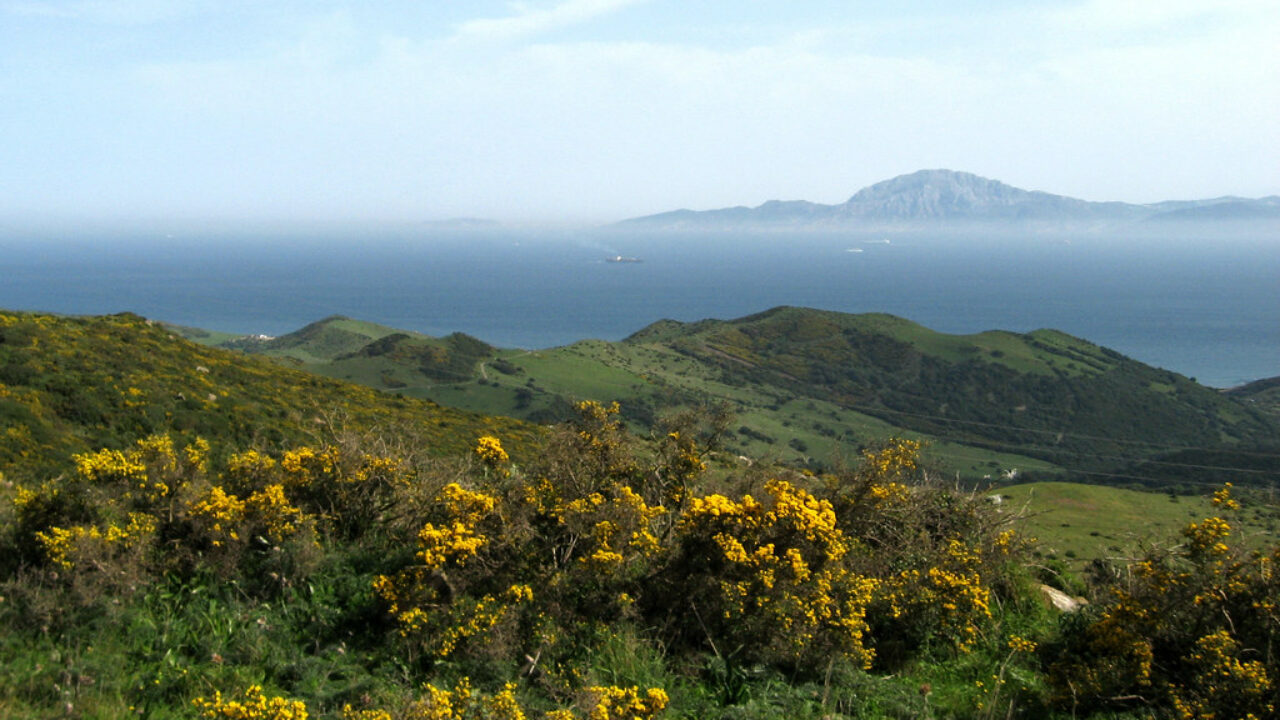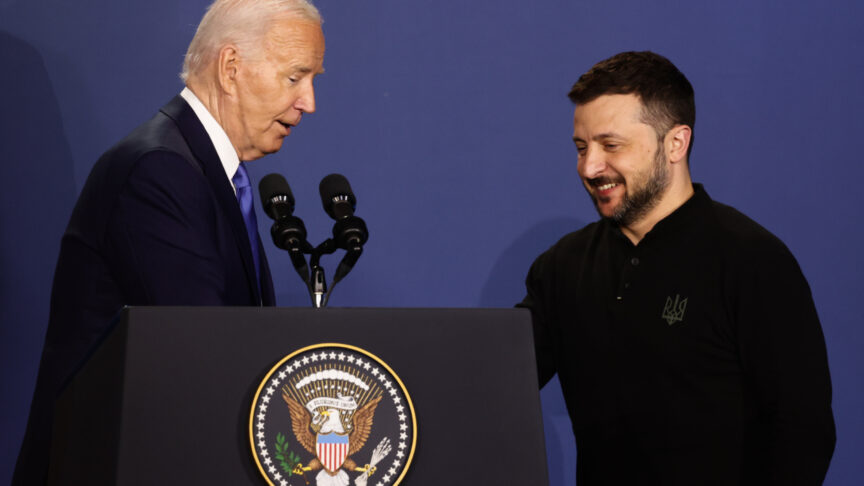Spain-Morocco tensions: How the EU can make progress on Western Sahara
The EU cannot remain a passive observer on the Western Sahara issue. It should look to the EU3 model as a way to make progress
Any neighbourhood is made up of personal, commercial, investment, and cultural ties. But it also comprises geopolitical tensions – ties and knots. What we are currently witnessing either side of the Strait of Gibraltar is a dangerous escalation of threats that tighten knots and weaken ties between Spain and Morocco.
It is in Spain’s interest to prevent the situation from festering any further and find ways to rekindle bilateral relations. Firstly, it is necessary to identify the issues at stake, some of which are fundamental, such as the human rights implications of the images of drowned bodies at the Tarajal point of entry in Ceuta, and others of great significance, such as Algeria’s role in the appearance of the leader of Polisario, Brahim Gali, in the European Union. Secondly, it should be recognised that the crux of the crisis, and therefore the key to understanding it, is made up of two events; Gali’s presence in Spain, and the arrival of 8,000 undocumented migrants in Ceuta, facilitated by the Moroccan authorities. Lastly, to fully grasp the situation, it must be analysed through the bilateral, European, and international lenses.
Gali’s stay in a hospital in Spain since the end of April is depicted by Madrid as a purely humanitarian and moral act; it is the reception of a person with a serious medical condition. Rabat, on the other hand, stresses the political dimension of the act, as well as the lack of communication with it from Madrid, and the deliberately ‘low-profile nature of the whole operation. Gali arrived in an Algerian air force plane, apparently with an Algerian diplomatic passport. And it was he who last November declared the 1991 UN-backed ceasefire with Morocco broken and resumed hostilities. While all dignified politics must be rooted in morality, to explain a political act only in moral terms is unlikely to convince.
The second key moment in this crisis took place during the night of Monday 17 May and throughout the following day in the shape of many adults and children – apparently mostly Moroccans – crossing the border into Ceuta, apparently with the complicity of the Moroccan authorities. In allowing this to happen as its form of reaction to Gali’s stay in Spain (and to what it considers to have been an unsatisfactory response to the issue on the part of the Spanish government), Rabat had resorted to a symbolic and purely bilateral act of retaliation. Meanwhile, Madrid insists that the Moroccan arrivals represented an assault on an external border of the European Union, and that the act of hostility was therefore not limited to Spain. Furthermore, Spain stresses that the issue of immigration is distinctly European in nature. Indeed, Morocco has proclaimed that its action is limited to Spain, but this does not nullify the value of EU legislation, both primary (Treaty) and derived (specific body of law). With the objective issue being one of immigration, it is issue that falls within the complex web of EU policies. This is unlike the previous major crisis between Spain and Morocco – “Perejil” in 2002 – which took place within a very different regulatory framework and with no EU competences involved.
No solution lies in taking refuge in the fact that the Western Sahara is a UN issue or on securing an umpteenth special envoy.
Now onto the context: the Western Sahara issue itself and the backdrop to what has happened. Firstly, the US position. Many had been betting, particularly in European circles, on Joe Biden reversing Donald Trump’s recognition of Moroccan sovereignty over the Western Sahara in December 2020. But the White House has not explicitly taken a position – nor has Biden’s administration – but the US has sent signals that coincide with this crisis. For instance, there is the ‘unarchiving’ of the Multilateral Joint Declaration between the United States, Morocco, and Israel, a joint declaration from December 2020 that is now accessible on the web. And then there is the privileged relationship that Washington seems to be currently enjoying with Rabat: an example of this is the conversation between the US secretary of state and the Moroccan foreign minister, tweeted by Anthony Blinken on 18 May. Also, in more practical terms, the map recently annexed to the Morocco country sheet published by the CIA World Factbook is telling. It is possible that, when the Biden administration makes its statement on this issue, it will include some nuance.
The focus of US foreign policy is on places far removed from the Mediterranean in general (see how Washington drags its feet in the Middle East) and the Maghreb in particular. Its priorities lie in the Indo-Pacific. In contrast, the EU has a vital, unquestionable interest in the region, given its geographical position. This is a region flanked by two neighbours with which the EU is experiencing unprecedented disagreements: Turkey and Morocco. It is worth highlighting that both countries not only share gatekeeper immigration roles, but also entrenched sovereignty disputes in the United Nations, in Cyprus and the Western Sahara.
An EU that is seeking to define its strategic autonomy should look to adopt the model led by the so-called EU3 (Germany, France, and the United Kingdom, plus the European External Action Service secretariat), which was instrumental in untangling the Iran nuclear issue (which, like Western Sahara, is stranded in the shallows of the Security Council). The EU should apply this to Western Sahara by considering a new EU3 (Germany, France, and Spain) or EU4 (adding some of the Nordic countries) along with European institutions. No solution lies in taking refuge in the fact that the Western Sahara is a UN issue or on securing an umpteenth special envoy.
As the former colonial power in Western Sahara, Spain has a historical – and moral – responsibility to not stand idly by. An EU3-style initiative will also contribute to Spain’s own standing, and will both strengthen its ties with Morocco and undo the knots that have appeared. The EU cannot remain a passive observer while the Western Sahara issue takes its toll by creating new rifts and divisions. Instead, it will gain in leadership and respect, both as a multilateral actor and in its relations with Africa.
This article appeared originally in Spanish in El Mundo on 26 May 2021.
The European Council on Foreign Relations does not take collective positions. ECFR publications only represent the views of their individual authors.



